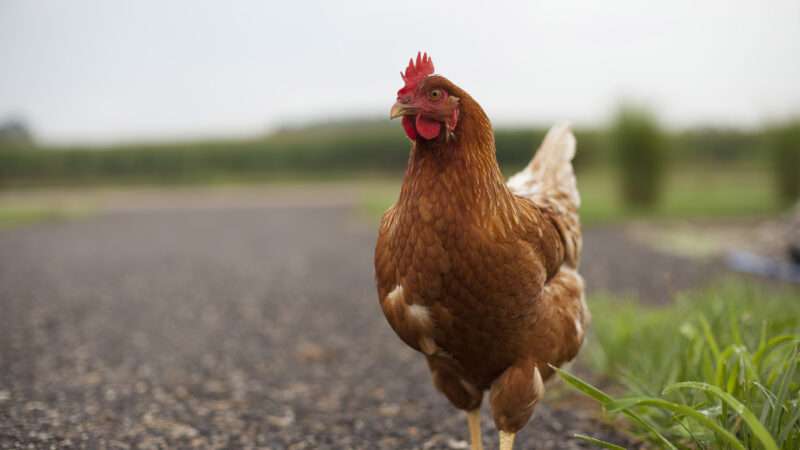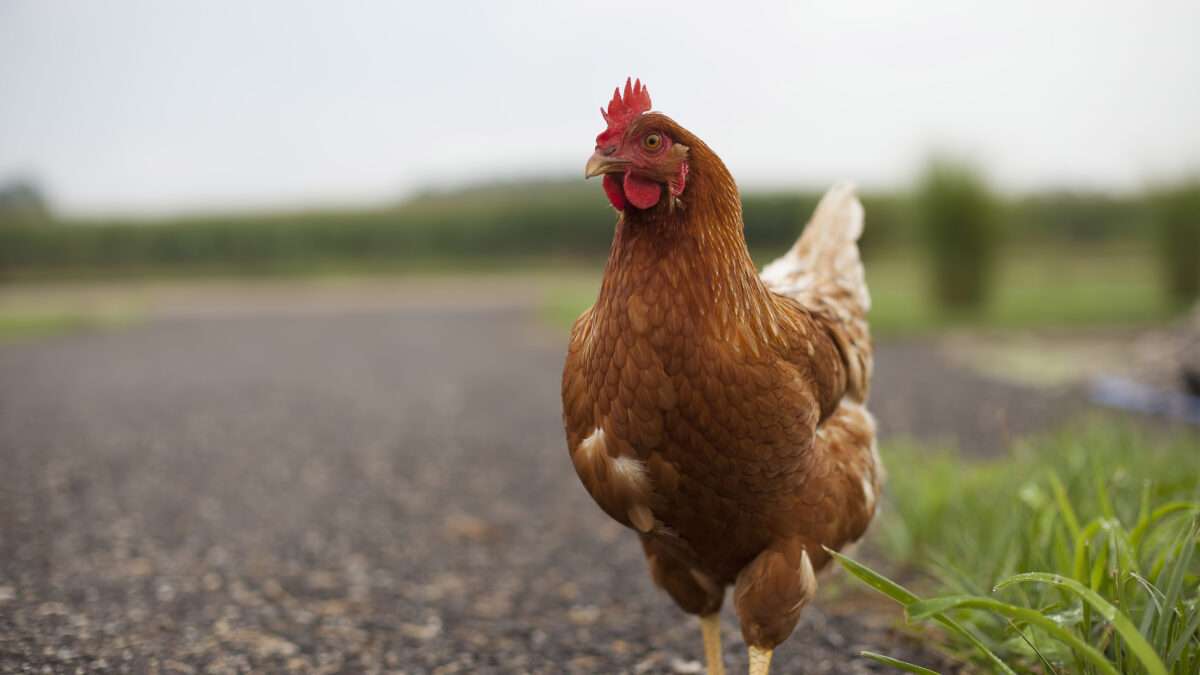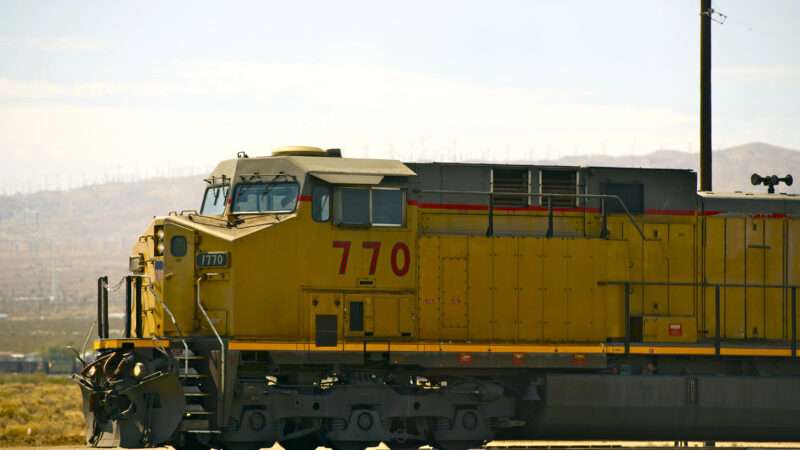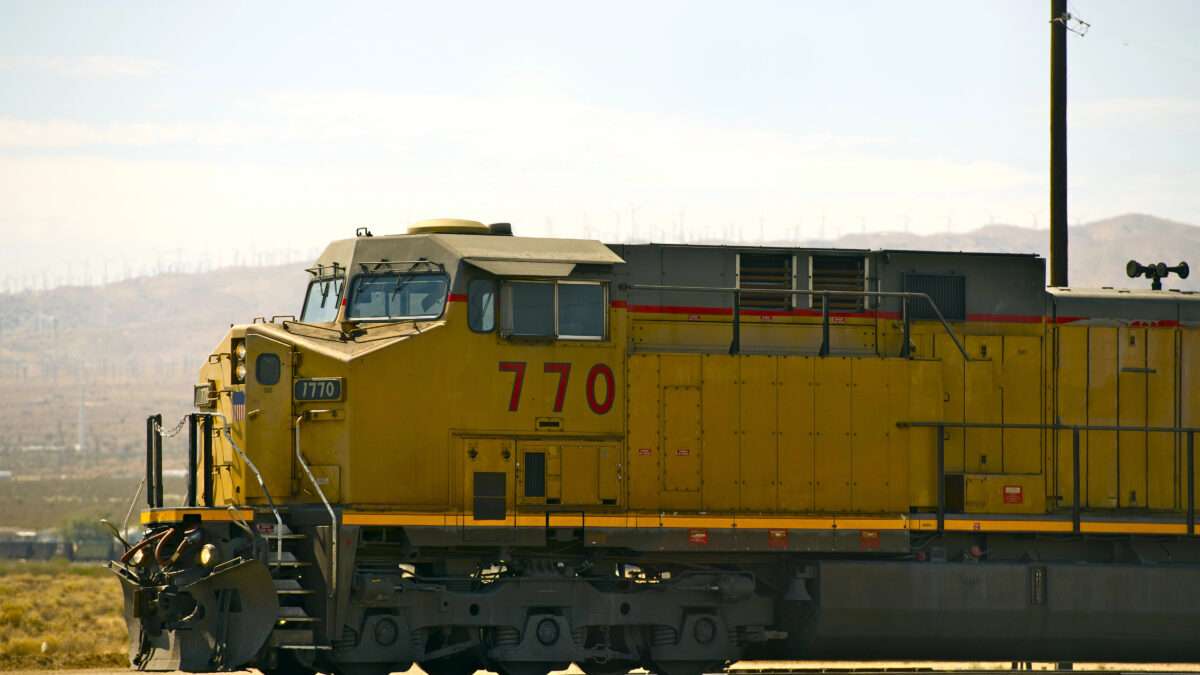New Virginia Law Will Let Anyone Harvest Roadkill Anytime of Year

The question of why the chicken crossed the road is of secondary importance to who gets to claim the bird's carcass if it's killed while attempting the crossing.
For a long time, the rule in a majority of the country was the government got to keep the deceased animal. State laws prohibited drivers from claiming the meat of animals killed on public roads and highways for food. Instead, ownership of the corpses defaulted to whichever agency maintained the roads, wasting countless tons of farm-fresh, slightly battered flesh to rot.
In recent years, a growing number of states have been loosening their highway harvesting bans. The Associated Press reported in 2022 that "30 or so" states now allow people to harvest roadkill. The pace of reform doesn't appear to be slowing down.
Come July, a new Virginia law allowing anyone to claim roadkill all year round will go into effect. Current law allows only the driver who the killed animal to claim the carcass, and only if they hit the animal during hunting season.
Liberalizing roadkill harvesting also stands to unite animal rights activists and fiscal conservatives.
The animal rights group People for the Ethical Treatment of Animals (PETA) has endorsed roadkill as superior to supermarket-sold meat.
"Animals killed on the road were not castrated, dehorned, or debeaked without anesthesia, did not suffer the trauma and misery of transportation," says the organization on its website.
Virginia Del. Tony Wilt (R–Harrisonburg), the author of Virginia's new law, advocated for the policy change as a way of reducing the burden on the state's transportation department.
"Currently, if nobody takes the animal, it falls back onto [the Virginia Department of Transportation]. There are certain times of the year when those things can stack up," he said during a committee hearing earlier this year, per reporting from WRIC.
Libertarians would obviously be on board with these policies as well. Under an ideal regime of privatized roads, it's possible that road companies might claim animal carcasses for themselves. But so long as the public owns and operates the highways, it seems only fair that the public be allowed to harvest whatever animals are killed on them as well.
The open road, and all it has to offer, has long been associated with a particularly American vision of freedom. Expanding that freedom to what lies on the side of the road can only be considered a win for individual liberty.
The post New Virginia Law Will Let Anyone Harvest Roadkill Anytime of Year appeared first on Reason.com.



